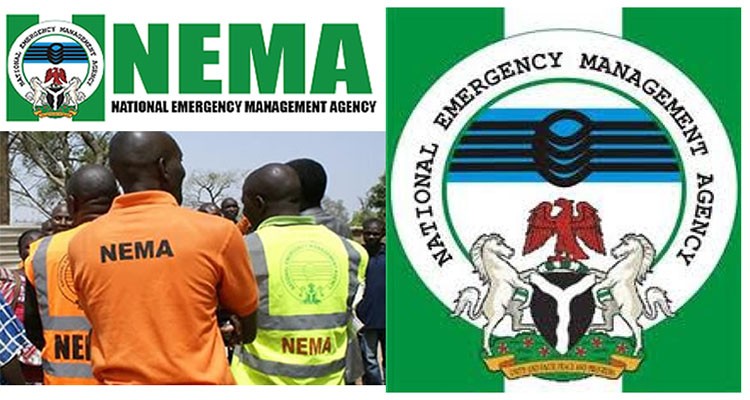National Emergency Management Agency (NEMA), has called on state governments to relocate communities expected to record heavy floods due to predicted above-normal rains coupled with the combined waters of rivers Niger and Benue as they empty into the region.
Director-General, NEMA, Mustapha Ahmed issued this notice in Abuja at an emergency technical meeting convened to urgently review the emergency situation and to plan for further action by all emergency responders.
According to Ahmed, the Republic of Cameroun’s Lagdo dam operators started releasing extra water from the reservoir on September 13, 2022, based on agency communications with the Nigeria Hydrological Services Agency (NIHSA).
This development he noted will have serious consequences on frontline states and communities along the courses of rivers Niger and Benue.
Frontline states according to the DG include: Adamawa, Taraba, Benue, Niger, Nasarawa, Kebbi and Kogi states in the northern part of the country, while Edo, Delta, Anambra, Cross River, Rivers and Bayelsa were listed among states prone to flash flood in the southern part of the country.
His words: “We are aware that the released water cascades down to Nigeria through River Benue and its tributaries thereby inundating communities that have already been impacted by heavy precipitation.
“The released water complicates the situation further downstream as Nigeria’s inland reservoirs including Kainji, Jebba, and Shiroro are also expected to overflow between now and October ending according to NIHSA.
“According to NIHSA, Kainji and Jebba dams have already started spilling excess water from their reservoirs.
“I want to advise all the governments of the frontline states to move away communities at risk of inundation, identify safe higher grounds for evacuation of persons and preposition adequate stockpiles of food and non-food items, potable water, hygiene, safety and security to enable them a fair level of comfort during periods of possible displacement.
“These actions become necessary as we collectively work towards a lasting solution to the annual threats of floods.”

According to Ahmed, NEMA Zonal, Territorial and Operation Offices have been activated to coordinate resources in their areas of responsibility to respond to the situation, adding that the headquarters staff have also been deployed to support the ZTO, territorial and operational offices of NEMA.
He went on: “We have also prepositioned food and non-food relief items which we have already started deploying to affected states.
“I call on all relevant frontline responders to intensify their preparedness efforts, carry out early warning targeting the most vulnerable communities, prepare for evacuation to safer ground and provide all other life-saving assistance to persons at risk.
“I expect SEMAS of the identified states to organise regular State Emergency Coordination Fora meetings to prepare state-level actors to be adequately prepared for this very important national call to duty. As we always emphasise, disaster management is everyone’s business.
“I also call on the media to support NEMA in the sensitization of the public to enable them to comply with early warning messages effectively. I implore the media, which has always proved to be a reliable partner of NEMA, to give us all the necessary support including communication in local languages.”
Also speaking, DG NIHSA, Clement Nze who disclosed that the country was losing over a 200billion cubic meters of fresh water every year, urged state governors to embrace conversation to avoid wastage.
“Let the state governments take action to safeguard their citizens. I know that some governors call to ask what they should do to enhance or reduce the impact of flooding.”




